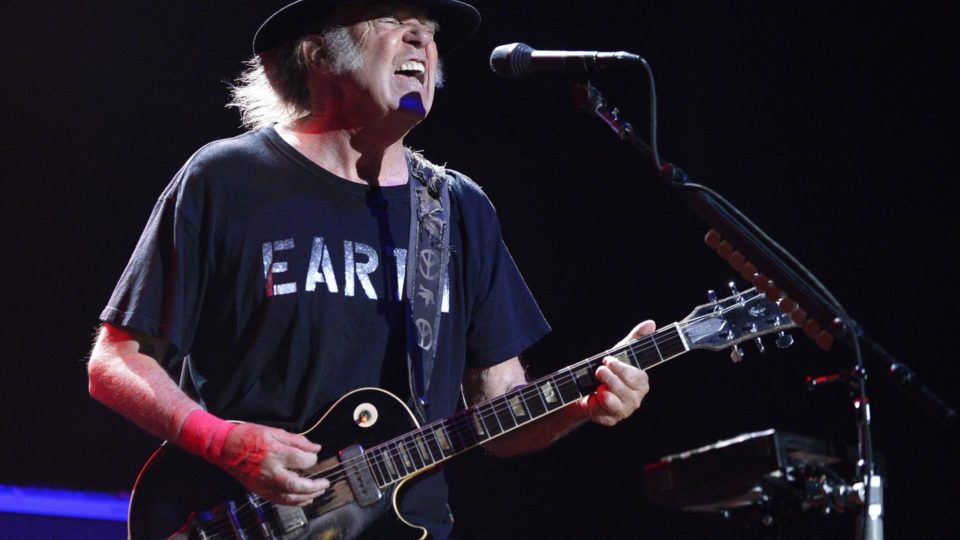
In the week Last year, legendary Canadian singer Neil Young issued an ultimatum to music streaming service Spotify. “I want Spotify to know TODAY that I want all my music off the platform,” he wrote in an open letter posted on his website. “They can have [Joe] Rogan or Young. Not both.”
Young was furious because of the “ false information about vaccines” said on Rogan’s podcast, the The Joe Rogan Experience
Young quickly took the letter off the website, but it looks like the ultimatum was serious. The streaming service has already started deleting Young’s songs.
In a way, here we see the market working. Young came to the conclusion that he didn’t want to be on Spotify with Rogan. Spotify sided with Rogan. Each of those involved made their choice: Rogan was able to maintain his independence, and Young will now no longer feel uncomfortable sharing the platform with someone whose views he disowns. It’s not a victory for censorship.
But if you still think that “censorship” is perhaps not the best word to describe those pushing Spotify to get rid of Rogan, think about it: the platform is the biggest streaming service in the world, with overwhelming 11% share in this market. When a private company controls such a large portion of the ecosystem, its decisions are more than mere acts of moderation: it is as if the company is setting the limits of public debate. That’s why Young believes that Rogan’s opinions shouldn’t have a platform on Spotify.
Many leftists used to campaign for freedom of expression because they believed that mistaken and even offensive opinions were worthy of manifestation. When Yale University invited segregationist George Wallace to a lecture, famous civil rights activist Pauli Murray (a Yale law student) defended free speech.
“This controversy affects me in two ways, because I am a lawyer committed to civil rights, including liberty, but I am also a black woman who suffered from the evils of racial segregation,” she wrote. Murray, however, saw no point in preventing Wallace from having the same freedom that she defended for everyone.
This point of view bears little resemblance to the one defended by activists of the contemporary left, who now rush to call speeches they do not agree with “lie” and “hate speech”, in order to justify censorship.
Young’s crusade against scientific misinformation is also ironic because he himself has already spread disinformation of this kind. The musician has long been opposed to the use of genetically modified foods. In his song “A Rock Star Bucks a Coffee Shop”, by 1960, we hear “Yes, I want a cup of coffee, but I don’t want genetically modified coffee / I like to start the day without Monsanto’s help”. When presenter Stephen Colbert showed Young research saying there was no problem with GMO products, the singer countered: “This research must have been done by Monsanto! She doesn’t talk about the horrible diseases and other things that are going on.” If talking nonsense about lifesaving scientific technology is reason to censor someone, shouldn’t Young himself have been censored?
Reflecting on the persecution of free speech in American political culture, I was reminded of a conversation I had with a Pakistani friend in college. Unlike me – born and raised in the United States – he was born in Pakistan. Like me, he was a journalist. We discussed why Pakistanis were asking the government to shut down a TV station that aired anti-government stories. To my surprise, he advocated shutting down TV, despite taking to the streets to protest Musharaff’s dictatorship. He told me that I only defended freedom of expression because I lived in the United States, a stable country that could afford such freedoms, and that in Pakistan it was different.
Americans today have to decide what kind of country the United States is. Do we want to see ourselves as a fragile country incapable of enjoying a luxury like freedom of expression? Or do we still have enough self-esteem to defend one of our founding principles? We don’t need to accompany Neil Young and others down this dark path.
Zai Jilani is a journalist and has worked for UC Berkeley’s Greater Good Science Center and the Center for American Progress.


